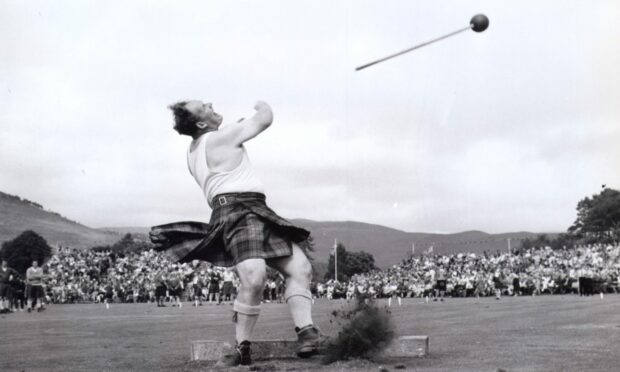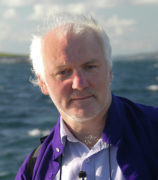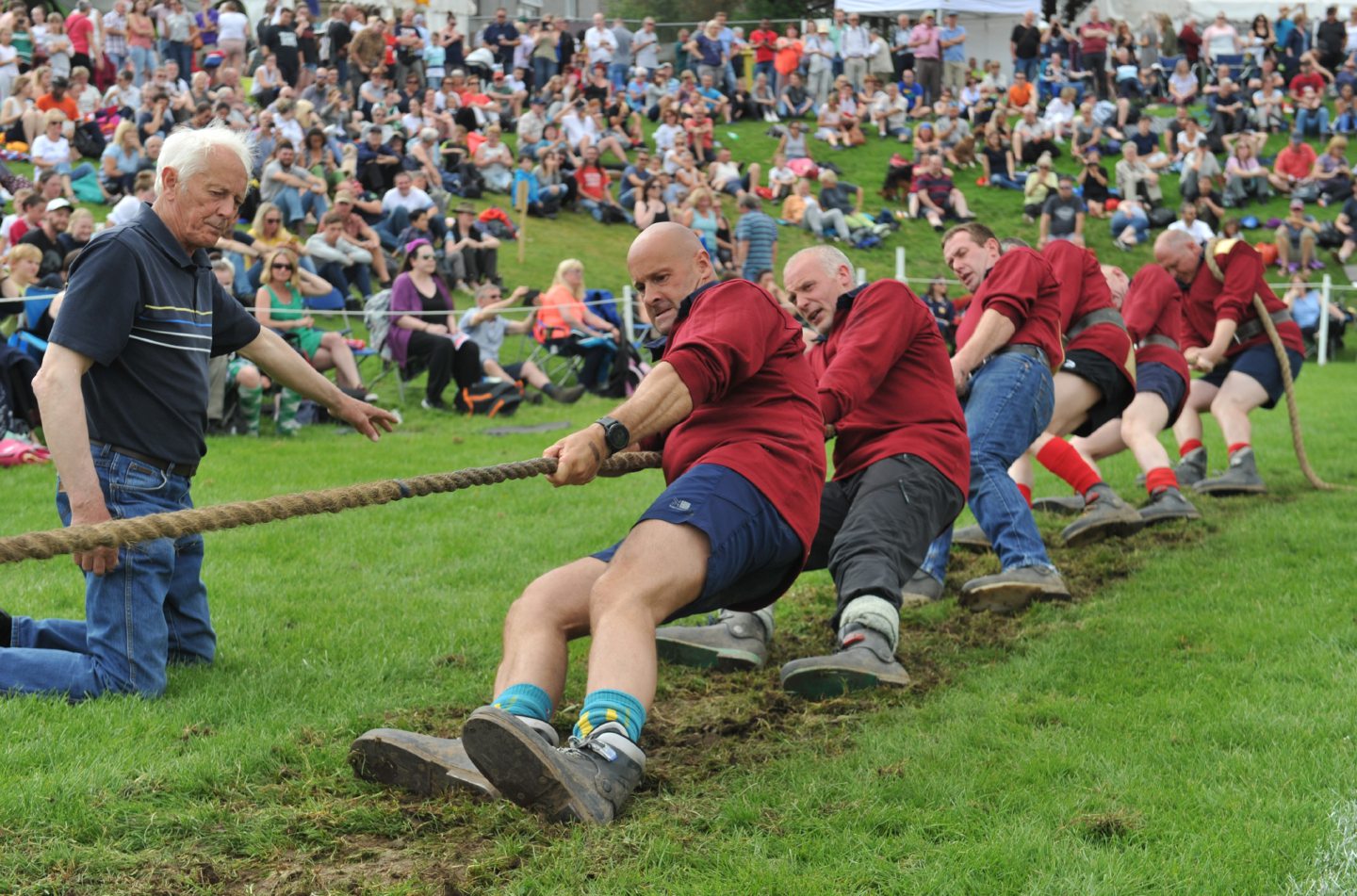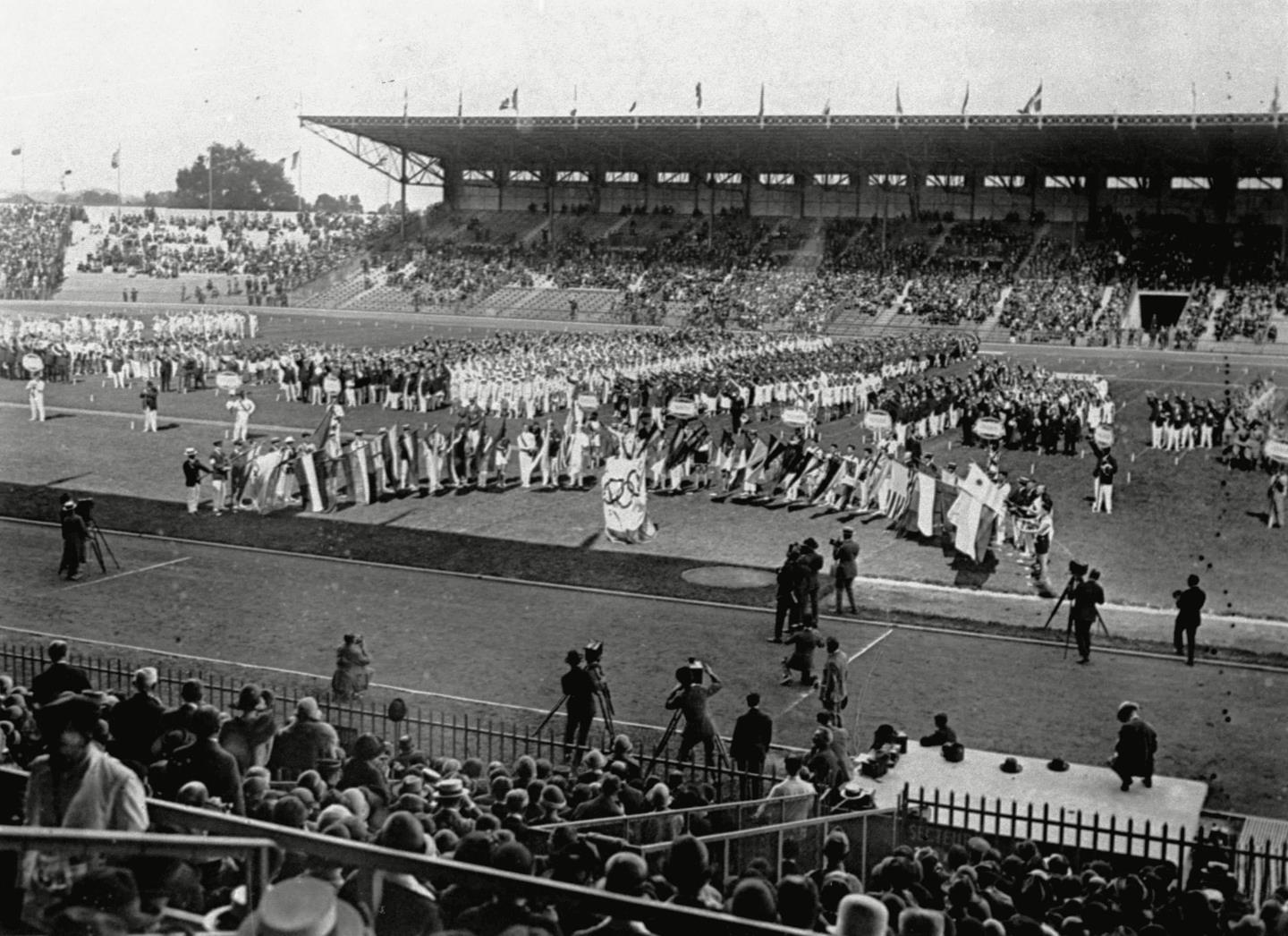I’m not sure I’m convinced that skateboarding or BMX racing or trampolining are proper Olympic sports, though who am I to judge, whose only major sporting achievement was winning the sack race at the South Uist games when I was nine?
Surely the sack race and the pillow fight and the three-legged race and the wheelbarrow race, those great staple events at the unmatchable Highland games, also ought to be elevated to Olympian heights?
I miss the Highland games, which have all been cancelled because of Covid over the past couple of years.
I miss the fun and the company and the daftness of it all. But also the more serious side – the wonderful piping and dancing competitions, and the hill races, and the egg and spoon race and the senior citizens races, for which I’m in serious training.
I’ve seen some legendary performers on the Highland games circuit, including the late great Bill Anderson of Bucksburn. A braw and handsome man who won the Scottish Highland Games Championships 16 times, the USA Highland Games Championships five times, and the overall World Highland Games Championship in 1981. He would have graced any Olympic podium.
Remembering our Gaelic Olympian
As far as I know, we have one Gaelic Olympian: Skyeman Donald Archie MacDonald, who won a bronze medal for wrestling at the 1924 Paris Olympics. The very same Olympics at which Johnny Weismuller (Tarzan) won three gold medals in swimming, Harold Abrahams the 100 metres gold and Eric Liddell the 400 metres gold medal.
Donald Archie – known as “Eàirdsidh Mòr” or Big Archie – was born in 1895 in the village of Saasaig in Sleat in the south part of Skye.
I stayed in the area for a number of years and it’s a bonny place. The name is of Norse origin, meaning “South Bay” (the Norse word “saus” for “south” and “vig” for “bay”). According to the Reverend Alexander Forbes’s book Place-Names of Skye (1923), it was variously pronounced and written as Saasaig, Sasaig, Sausaig, Soasig, Seavig and more.
Maybe there should be an Olympic place names competition: the first one to guess that the Gaelic for Bucksburn is Allt Bocan gets the gold medal. Allt means burn and bocan is the genitive plural of boc, jump or leap. So, the burn of jumps. Which will get you all three medals at once, as in the hop, skip and jump.
Narrowly missing out on gold
Our Gàidhlig Olympian, Donald Archie, was a real gaisgeach (hero) just like the great Bill Anderson. After leaving school, he served in the Royal Navy during the First World War, and then joined the Glasgow Police, no doubt alongside a few other lads who had survived the carnage.
Local heroes. We all need them: not just to give a sense of pride and place, but a sense of possibility. That we too could, some sunny day, stand on some sunny podium and be praised
Among other things, he learned the art of wrestling during his time with the police, his speciality being the catch-as-catch-can, which I remember watching as a child at the annual South Uist Games at Askernish. Those local wrestlers were heroes to us as children, and if one of the winners was in your family or related to you, you had the bragging rights on the machair for 12 months.
Archie was selected for the Paris Olympics and was unlucky not to win the gold medal. At that time, Olympic wrestling rules on points scoring were still very basic, and at the end of the semi-final bout it was declared a draw.
The judges were then asked to vote on the winner. The vote was 1-1 and the mat chairman gave his casting vote to Archie’s opponent, Harry Steele of the USA, who went on to win gold.
After the Olympics, Archie turned his hand to boxing and became Scottish Police Heavyweight Champion in 1928. He was also a fine piper, and known in his time as Bonnie Archie because of the magnificent spectacle he made when marching through the streets of Glasgow in Highland dress. He was latterly piper to Lord MacDonald of Sleat and was chosen to pipe Her Majesty The Queen ashore at Kyleakin in 1956.
You don’t have to run or wrestle your way to success
So there you have it. Local heroes. We all need them: not just to give a sense of pride and place, but a sense of possibility. That we too could, some sunny day, stand on some sunny podium and be praised. Even if it’s only for winning the sack race, without cutting holes in the corners and cheating, as some did.
But be encouraged: you don’t have to run or wrestle your way to success. The greatest persons I know have never won anything, except the only thing that matters, and which were also Donald Archie and Bill’s greatest prizes: respect.
Angus Peter Campbell is an award-winning writer and actor from South Uist



